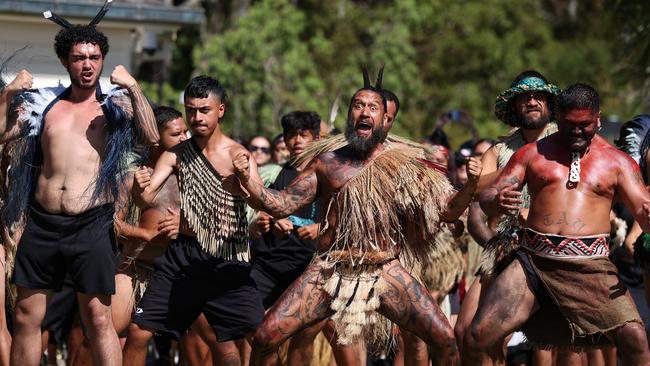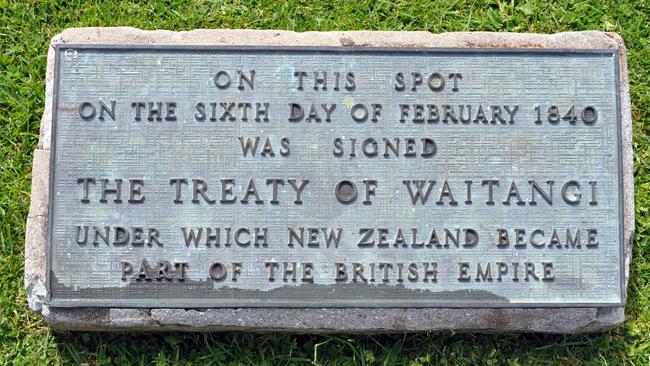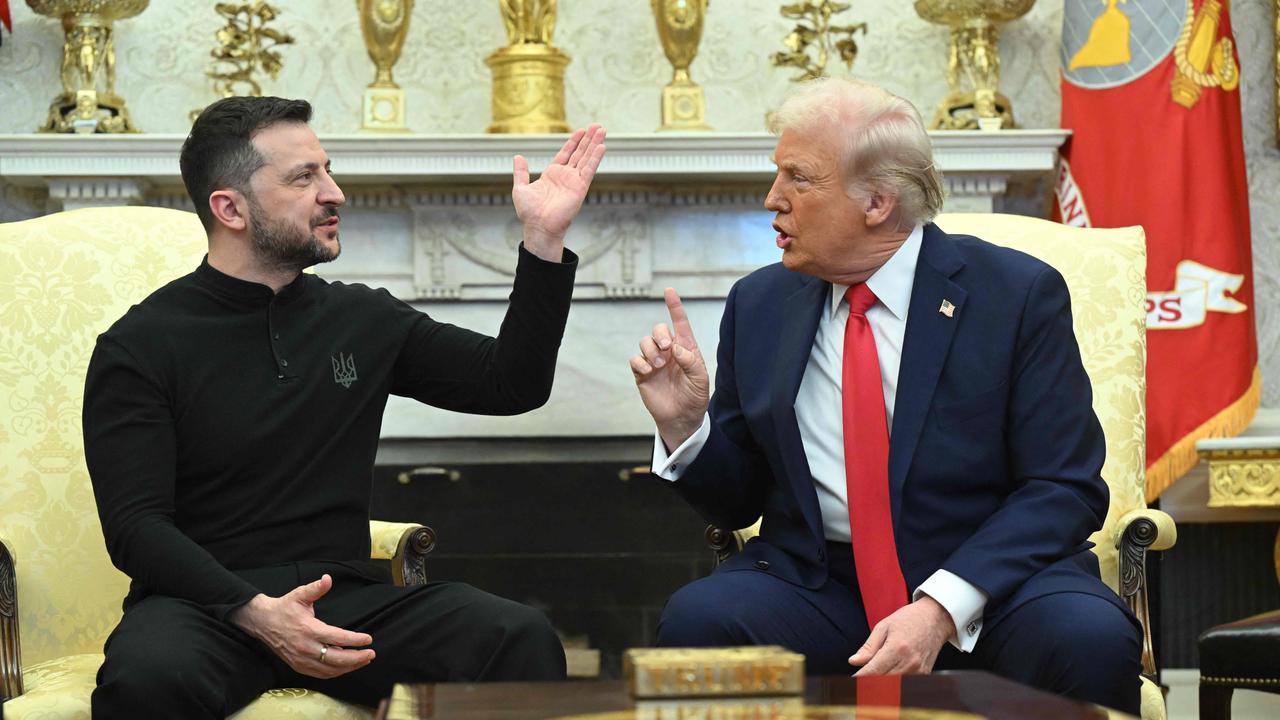
“We have become a corporate body concerned about brand image in a content marketing world in a climate of cancel culture,” lamented one academic.
“I feel my job is at risk if I question the direction the university is taking. The last round of redundancies was definitely about getting rid of those who were not boot lickers,” another reported.
A third warned, “Questioning anything about the radical current interpretation of the Treaty of Waitangi is likely to be career ending.”
These are a few of the many statements from New Zealand academics presented in our latest report.
Unpopular Opinions: Academic Freedom in New Zealand, written by my colleague James Kierstead, paints a worrying picture of academic freedom.
The evidence Kierstead collected is compelling. He gathered 72 testimonies from academics, analysed five surveys, and documented 21 incidents from the past decade in detail. The pattern that emerges is clear: many academics feel unable to speak freely.
The sense that free speech and academic freedom are under assault spans all eight of New Zealand’s public universities. It encompasses issues ranging from cultural identity to scientific inquiry.
Kierstead identified three main threats to academic freedom. First, progressive radicalism within universities. Second, interference from the Chinese Communist Party. Third, a managerial, brand-focused approach to university administration.
The result? Academics bite their tongues. Many fear that speaking up could torpedo their careers. That fear is not unfounded, as several case studies in our report demonstrate.
The threat to academic freedom takes various forms. Sometimes, it is overt pressure or censorship.
Other times, it is subtler – a culture that discourages expressing certain views and asking certain questions.

The Treaty of Waitangi is the one area in which many academics report feeling the most constrained. Several testimonies in our report suggest that questioning current interpretations of the Treaty is seen as career suicide. The surveys found that over half of academics felt uncomfortable discussing Treaty issues.
Even science is not immune from these pressures, as the controversy over an open letter sent to magazine The Listener demonstrates. The seven professors who wrote it faced fierce institutional backlash for questioning the mixing of Mātauranga Māori, the indigenous knowledge system, and science in school curricula.
This incident sparked a national debate about the nature of scientific knowledge and the role of indigenous wisdom. However, it also revealed a troubling intolerance for dissenting views within the academic community.
Gender issues present another minefield. Academics expressing views contrary to prevailing gender ideology report hostility and career threats. This is particularly concerning given the complex and evolving nature of gender studies.
Foreign influence adds another layer of complexity to these issues. Our report highlights the links between New Zealand universities and institutions tied to the Chinese military. This raises serious questions, not only about academic independence, but also about national security.
Financial pressures have exacerbated the situation. Government funding for universities has fallen by a fifth since 2012. This decline has forced institutions to chase international student fees and run themselves more like businesses.
The result is a corporate mindset that puts reputation ahead of rigorous debate. Universities increasingly view themselves as brands to be protected rather than forums for open inquiry. This goes along with the rise of managerialism in universities, which has shifted institutional power from academics to administrators.
As a result, many academics report pressure to avoid ‘controversial’ topics that might harm the university’s image. Others describe a culture of compliance that stifles creativity and critical thinking.
These pressures are particularly acute for early-career academics, who often lack job security.
The shift brings new dangers. One is an obsession with ‘safety’ from words and ideas. Treating intellectual challenge as a hazard stifles debate and undermines the very purpose of higher education.
Longer term, far from enhancing students’ wellbeing, this misguided idea of safety undermines it.

The erosion of free speech at our universities cuts deep. When academics cannot ask tough questions or challenge sacred cows, the whole university suffers. This damages not just New Zealand’s academic standing, but New Zealand’s wider social and political culture, too.
As Professor Grant Schofield of Auckland University of Technology warns in his foreword to our report: “If the university as it currently exists is to remain relevant, then nuanced, robust, and open debate must not only be defended, but encouraged.”
The issues we have uncovered are not unique to New Zealand. Universities worldwide, especially in English-speaking countries, face similar pressures. But New Zealand’s small, tight-knit academic community may be especially vulnerable to these trends.
So, what must happen for universities to recommit to their role as society’s critic and conscience? For a start, they must accept that part of being a university means being home to a contest of ideas that will not always be comfortable.
Academics, too, must step up to this challenge. They must be willing to defend not just their own right to speak, but others’ rights too – even when they disagree with the views being expressed.
Students have a role to play, too. They should demand exposure to diverse viewpoints, not protection from them. That said, the culture in which they were raised celebrates fragility, so they have hardly been prepared for the contest of ideas that higher education should be all about.
Perhaps the gravity of the situation is best summed up by one of the academics who contributed to our report: “For several years, my colleagues and I have preferred to meet off campus for fear that anything we say, anything we find funny, anything we question might be used against us.”
This chilling statement encapsulates the crisis facing our universities. If frank and fearless discussions can no longer happen within university walls, these institutions have lost a fundamental part of their identity.
Hopefully, it is not too late for universities to rediscover what they once were about.
Dr Oliver Hartwich is the Executive Director of The New Zealand Initiative (www.nzinitiative.org.nz).





